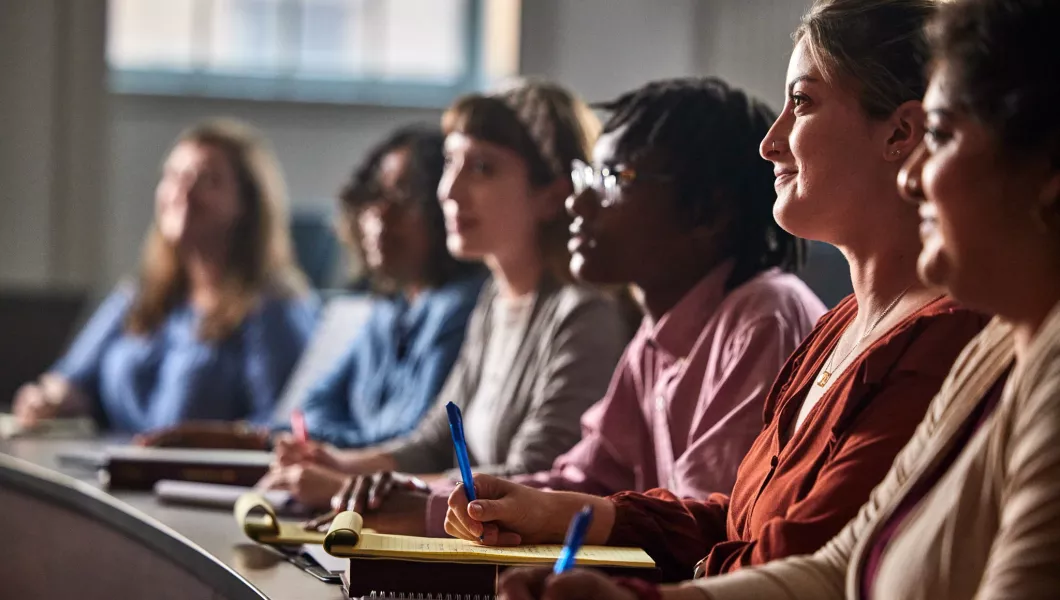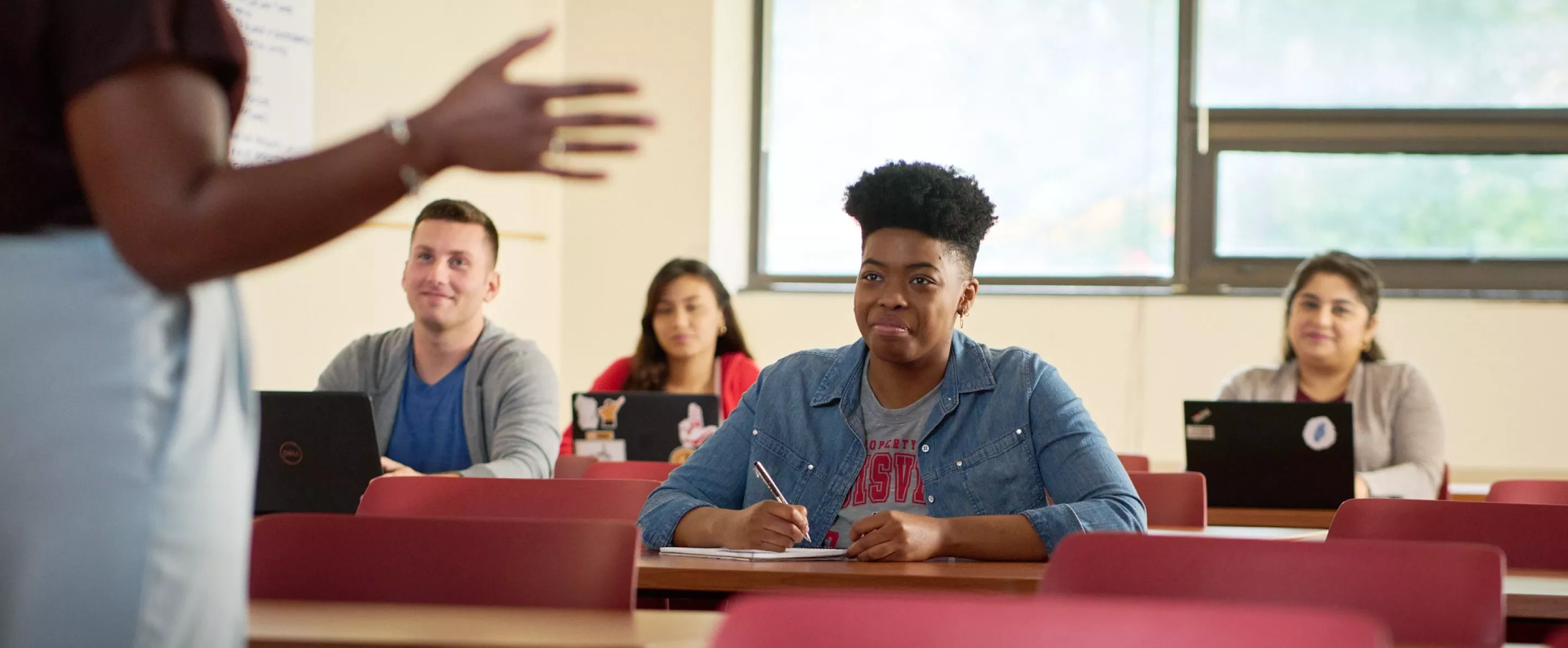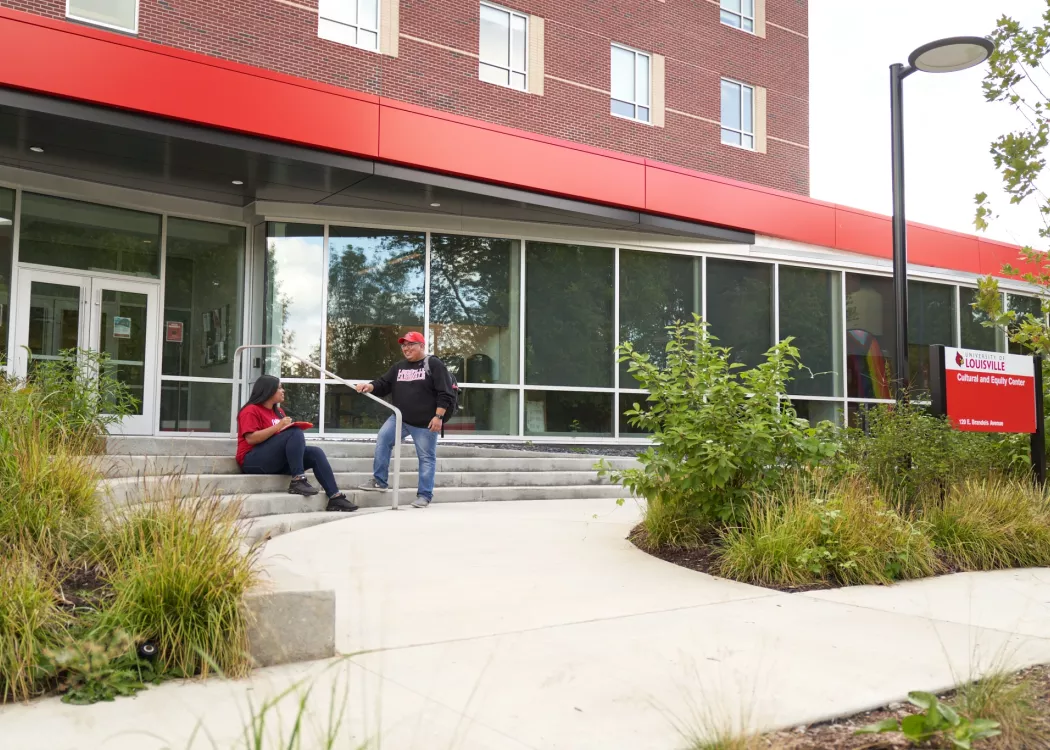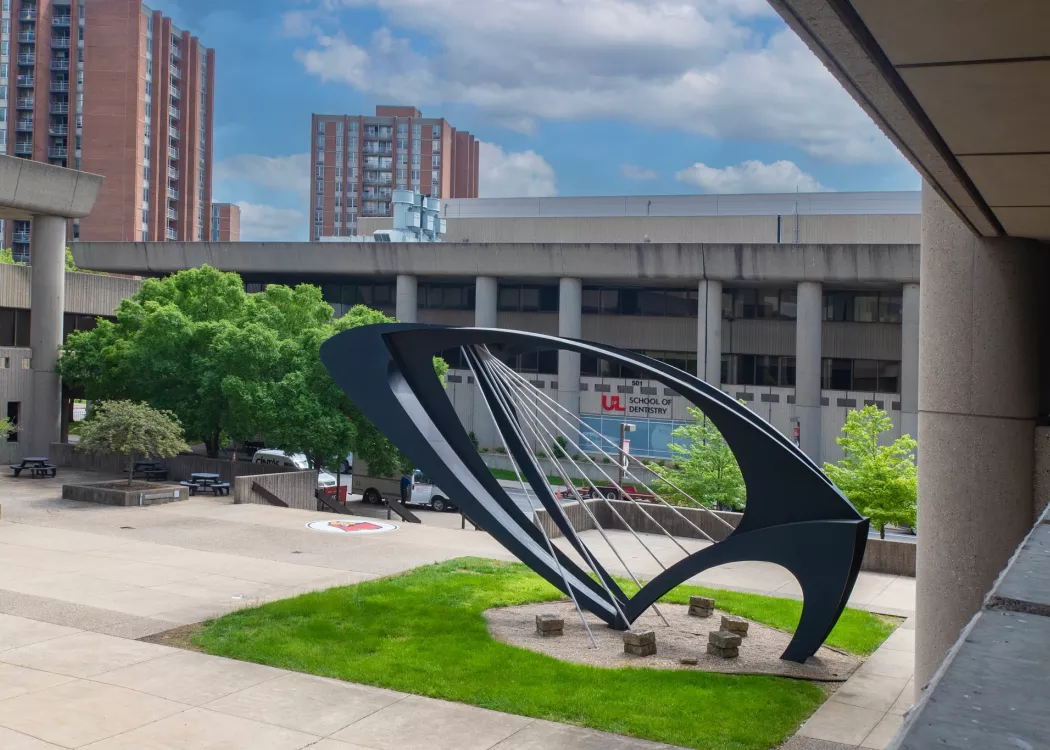Driven by student success
Welcome to the Office of Access and Opportunity. We are here to ensure that every student receives the support they need to succeed. Our mission is to create clear pathways to achievement by removing barriers and opening doors. Through dedicated programs, helpful resources and meaningful engagement, we empower students with the confidence, tools and guidance to reach their full potential, both in college and in life.

The Office of Access and Opportunity (OAO) provides administrative oversight of the Center for Belonging, Access and Engagement, the Office of Health Equity and Engagement, Disability Resource Center and Center for Military Connected Students. These spaces give all students the opportunity to connect with UofL’s vibrant campus community in meaningful ways that support community building, professional experiential learning and personal growth. Through these student resource centers the OAO oversees programs and support services to foster student success.





